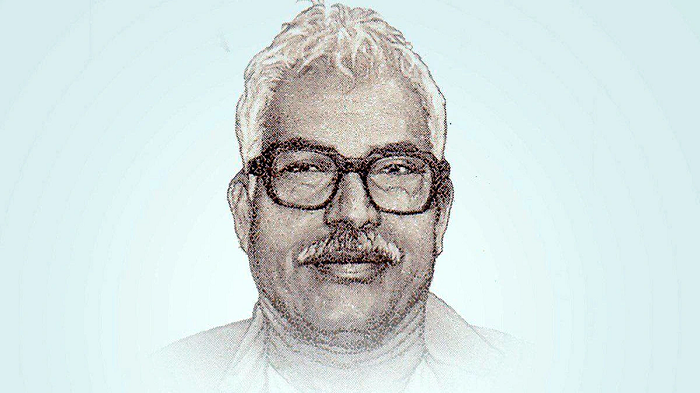Karpoori Thakur was born to Gokul Thakur and Ramdulari Devi in Pitaunjhia, now known as Karpuri Gram, in the Samastipur District of Bihar. Hailing from the Nai community, his upbringing was influenced by the ideals of Mahatma Gandhi and Satyanarayan Sinha. Thakur’s activism began early as he joined the All India Students Federation, demonstrating his commitment to India’s independence movement.
His dedication to social causes was exemplified by his 26-month imprisonment for his participation in the Quit India Movement. Post-independence, Thakur served as a teacher and later entered politics, winning a seat in the Bihar Vidhan Sabha from the Tajpur constituency in 1952.
Thakur’s leadership prowess was evident as he led various movements, including a 28-day fast in 1970 to advocate for Telco laborers. As the Education Minister of Bihar, he advocated for Hindi language and initiated reforms, such as removing English as a compulsory subject, though his policies faced criticism for the decline in English-medium education standards.
A socialist stalwart, Thakur became Bihar’s Chief Minister in 1970, the first non-Congress leader to hold the position. His tenure was marked by progressive measures, including the enforcement of total prohibition and the establishment of numerous educational institutions in Bihar’s backward regions.
During the Emergency period (1975-77), Thakur played a pivotal role in the “Total Revolution” movement alongside leaders like Jayaprakash Narayan. In 1977, his Janata Party scored a landslide victory in the Bihar Legislative Assembly election, leading to his second term as Chief Minister.
Thakur’s legacy is intertwined with his advocacy for social justice, exemplified by his introduction of a 26% reservation model in Bihar for backward classes in government jobs. He mentored several prominent leaders, including Lalu Prasad Yadav, Ram Vilas Paswan, Devendra Prasad Yadav, and Nitish Kumar, leaving an indelible mark on Bihar’s political landscape. Karpoori Thakur’s unwavering commitment to the welfare of the marginalized earned him the title of “champion of the poor,” cementing his place in Indian political history.


